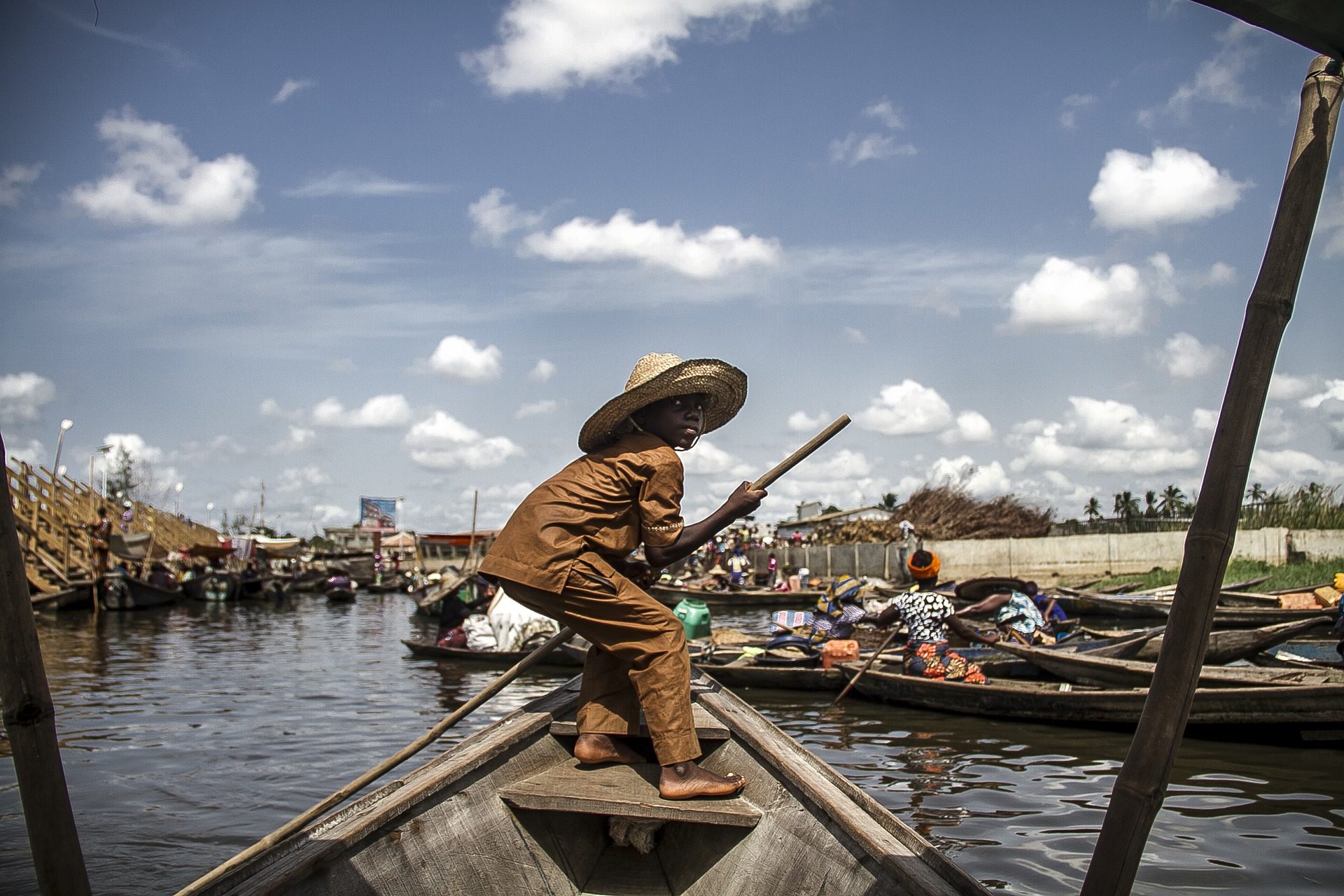
Policy response and service provision to child victims of commercial sexual exploitation in the West African region
Abstract
Following the three World Congresses on commercial sexual exploitation of children (CSEC) in 1996, 2001, and 2008, many African countries adopted policies against CSEC. Yet, there is almost no knowledge on the service provision to victims in these countries. A mixed research method was used to explore the responses to victims in three countries in West Africa. Convenience sampling was used to select 709 children in prostitution and 64 leaders of structures providing services to victims. A survey question- naire was used to collect data from the children and four semi-structured interview guides were used to collect data from the leaders of the struc- tures. The findings show that the needs of CSEC victims in West Africa diverged with those suggested in the literature, which partly explains why few victims could access any services. The service provision to victims in the region is dissimilar to care models identified in the literature, especially regarding trauma-focused care. An inadequate service provision was linked to various difficulties encountered by the structures, including the lack of understanding of particular needs of CSEC victims, lack of financial resources for support services, lack of outreach interventions, and socio- cultural factors. Implications for practice, policy, and research are discussed.
Read full report here.
